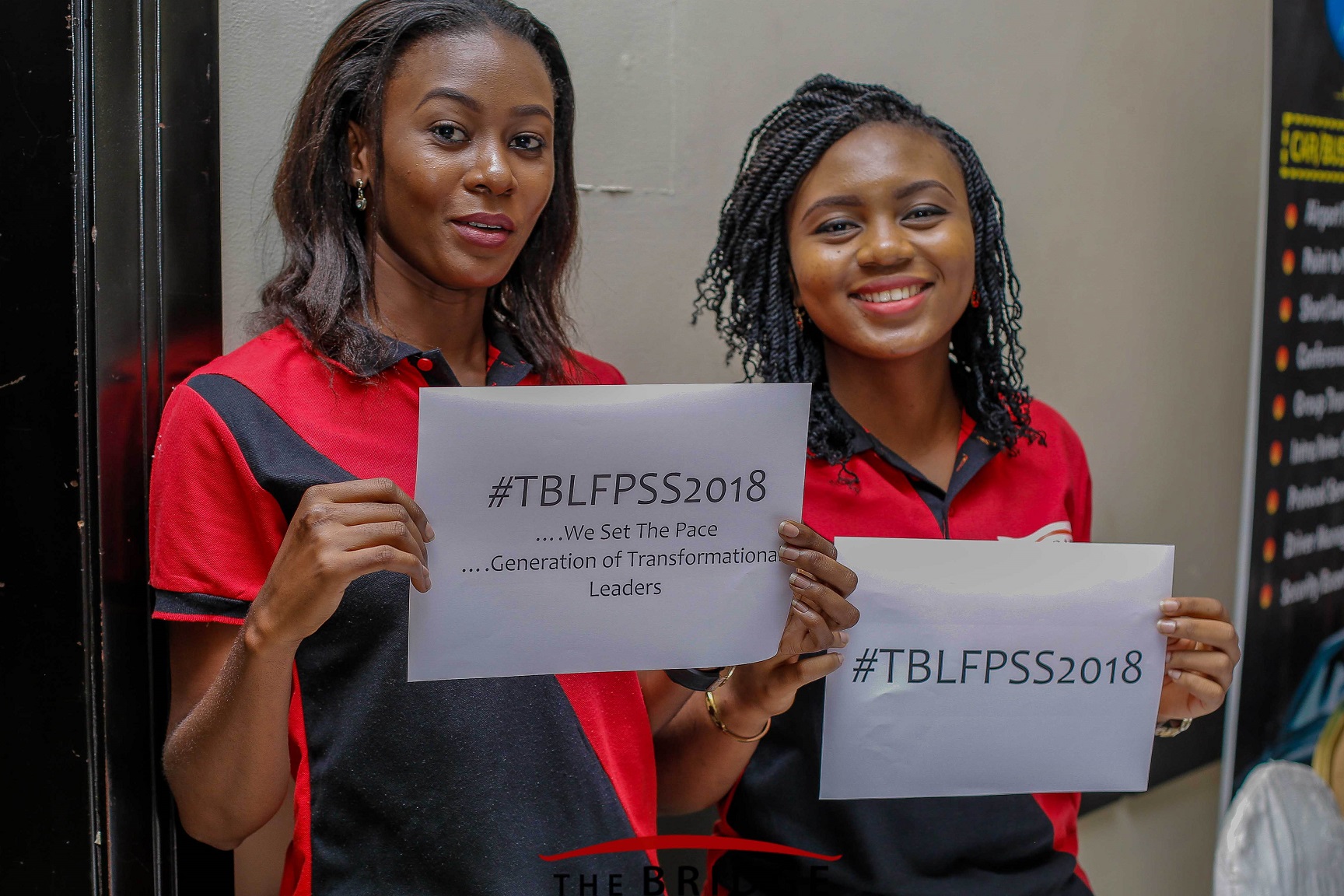SCHOOL SESSIONS
As the programme begins to wind down on all activities, the TMP sessions at the various schools were held with high energy and speed as the respective Mentors increased their pace in a bid to cover the 20-Modules sessions alongside other planned actions before the current term is over.
“Sexual Abuse and Care” for “Survivors as well as Dealing with Peer Pressure” were part of the key learnings for Mentees. These teenagers were surprised to learn that even boys are vulnerable to Sexual Abuse, while a host of others acknowledged that they have been influenced by their peers to do what they ordinarily wouldn’t have done. Other sessions facilitated in the course of the month include Effective Communication Skills, Assertiveness Skills, Public Speaking, Leadership and how to write meaningful manifestos.
Mentors made it a memorable experience for their Mentees by creating platforms where they could present their public speaking skills and also present Manifestos; the aim was to prepare them for future aspirations as school prefects (for those in lower classes) and political positions as well.
ANNUAL EVALUATION:
The evaluation exercise happened at the 15 schools within Calabar South and Calabar Municipal LGAs. The essence of this was to assess individual Mentees’ growth in terms of their academic performance, psychosocial skills and leadership potential.
The evaluation allowed for a triangular form of feedback, where the Mentees were allowed to rate the performance of both their Mentor and Counsellor; Mentors rate the performance of the Mentees and Counsellor while the latter, who is also a teacher in the programme school is guided to also rate both Mentor and Mentees. A total number of 190 (67 Male and 123 Female) Mentees were evaluated via written tests, oral interviews, and individual presentations on any of the topics taught during the mentoring. Also, the content in their notebooks and workbooks was assessed, simply to ascertain the credibility of work done by the Mentors, in addition to the weekly reports submitted to the Foundation.
One key learning taken from this process remains the fact that Mentors and Counsellors were not in any way, engaged in the development of assessment tools and unlike in the previous years, Mentees were also given the privilege of rating the quality of their Mentors and Counsellors.


